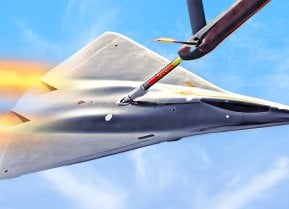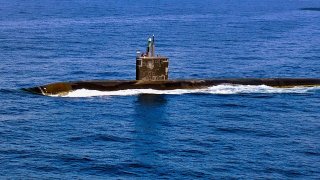The Navy’s Submarine Nightmare Is China's 'Best Chance' in a War
With shipyards unable to meet current demand, America's submarine fleet is underprepared for a war in the Indo-Pacific, leaving the U.S. at a strategic disadvantage against China.
Summary and What You Need to Know: The U.S. faces serious challenges in a potential conflict with China, especially due to China's advanced anti-access/area-denial (A2/AD) capabilities, which could threaten U.S. airbases and surface warships.
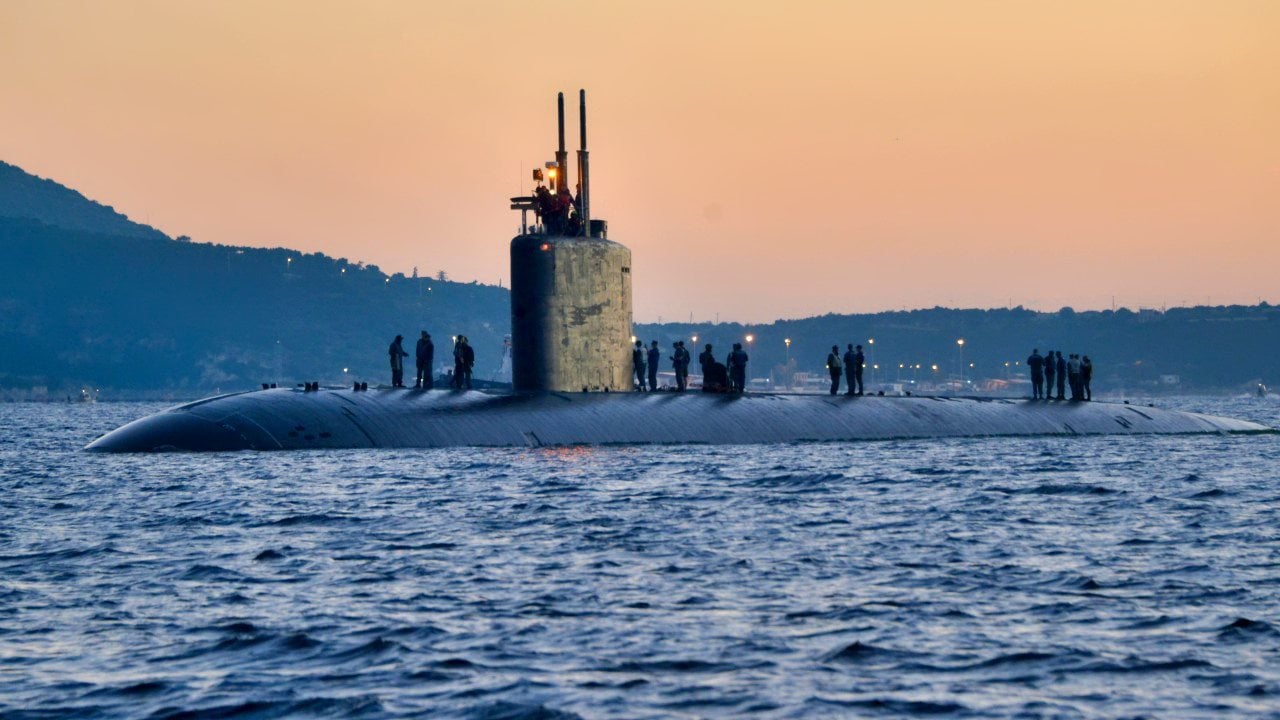
-In such a scenario, U.S. Navy submarines, particularly the Virginia-class, would be critical for power projection. However, production delays and insufficient submarine numbers weaken U.S. deterrence and its ability to respond to Chinese aggression.
Key Points: With shipyards unable to meet current demand, America's submarine fleet is underprepared for a war in the Indo-Pacific, leaving the U.S. at a strategic disadvantage against China.
Relations between the United States and China are at their lowest point in decades. Kinetic conflict seems more possible than ever before, whether that be over control of the South China Sea, the Senkaku Islands, or Taiwan. Right now, prospects for such a conflict do not favor the U.S.
China today possesses advantages that could well lead it to a decisive victory over the United States. Beijing’s anti-access/area-denial (A2/AD) capabilities lower the probability that the U.S. military’s usual methods for projecting power will succeed close to Chinese territory. It is likely that U.S. airbases in the region will be threatened, and the ability of U.S. surface warships to get within range of Chinese targets will be degraded.
Overcoming A2/AD
To overcome China’s advanced A2/AD capabilities, the U.S. military will need to rely on stealth, speed, and long-range weapons capabilities. Enter the U.S. Navy’s nuclear-powered submarine fleet. Submarines will be the primary power projection platform for the U.S. Navy in the age of A2/AD.
The Virginia-class submarine is especially important for the U.S. to achieve its strategic objective of preventing Chinese control of the Indo-Pacific. But its numbers are woefully low. Production delays to the Virginia hamper the Navy’s ability to reliably deter U.S. adversaries, many of whom are getting a little too expeditionary in their foreign policy.
Virginia-class submarines are supposed to replace aging Los Angeles-class subs while also picking up the slack from Ohio-class submarines for missions involving the deployment and retrieval of Navy SEALs engaged in covert operations.
Yet the Virginia-class Block IV is “three years behind schedule while the Block V boats […] are two years behind schedule,” according to National Defense Magazine.
Not only does this complicate covert operations, but it also hurts the Navy’s ability to properly deter or respond to Chinese aggression. Despite the sea service’s many aircraft carriers, China’s A2/AD systems mean that submarines, not flattops, will be the key weapon of war for the U.S.
Not Enough Subs
Only now there aren’t enough subs.
Further, America’s shipyards are unable to meet peacetime demand for new submarines, let alone the increased demand they would see during a war. And what happens if U.S. subs are needed for a Chinese war scenario but other U.S. foes, such as Iran, Russia, or even Venezuela start problems elsewhere in the world?
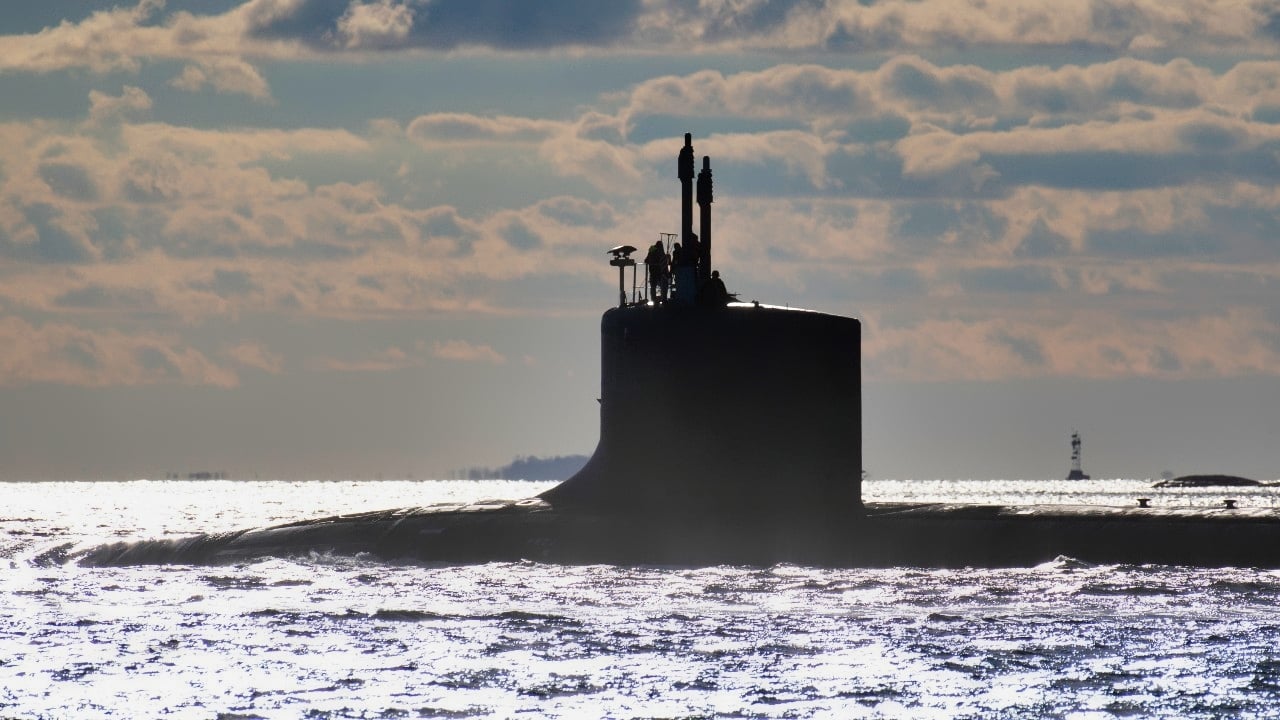
For all the talk about a pending war with China, without a robust and reliable submarine force, the U.S. might want to avoid such a fight – it won’t win without these important submersibles. Right now, it lacks the capabilities needed to defeat China in a war.
As for the former president might tweet, “SAD!”
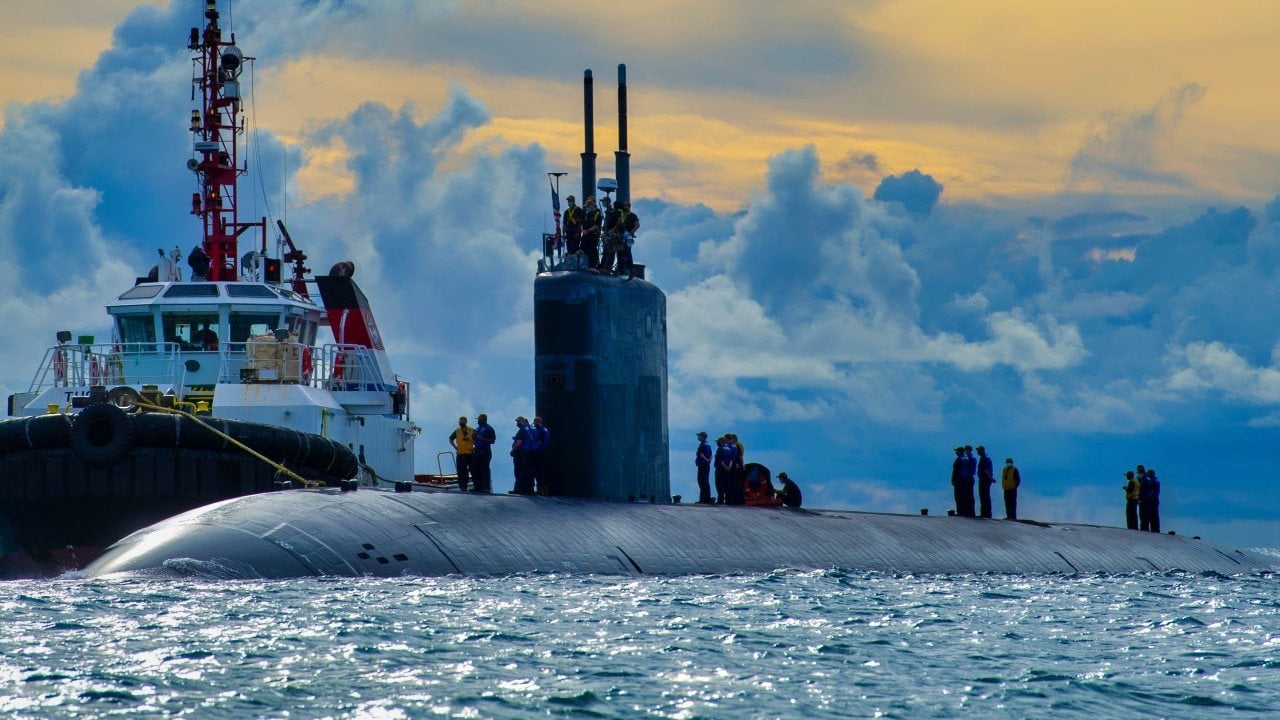
Author Experience and Expertise: Brandon J. Weichert
Brandon J. Weichert, a National Interest national security analyst, is a former Congressional staffer and geopolitical analyst who is a contributor at The Washington Times, the Asia Times, and The-Pipeline. He is the author of Winning Space: How America Remains a Superpower, Biohacked: China’s Race to Control Life, and The Shadow War: Iran’s Quest for Supremacy. His next book, A Disaster of Our Own Making: How the West Lost Ukraine, is due October 22 from Encounter Books. Weichert can be followed via Twitter @WeTheBrandon.
All images are Creative Commons or Shutterstock.
From the Vault
Russia Freaked Out: Why the U.S. Navy 'Unretired' the Iowa-Class Battleships
Battleship vs. Battlecruiser: Iowa-Class vs. Russia's Kirov-Class (Who Wins?)
